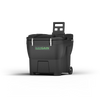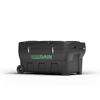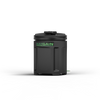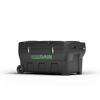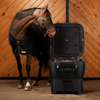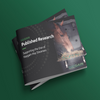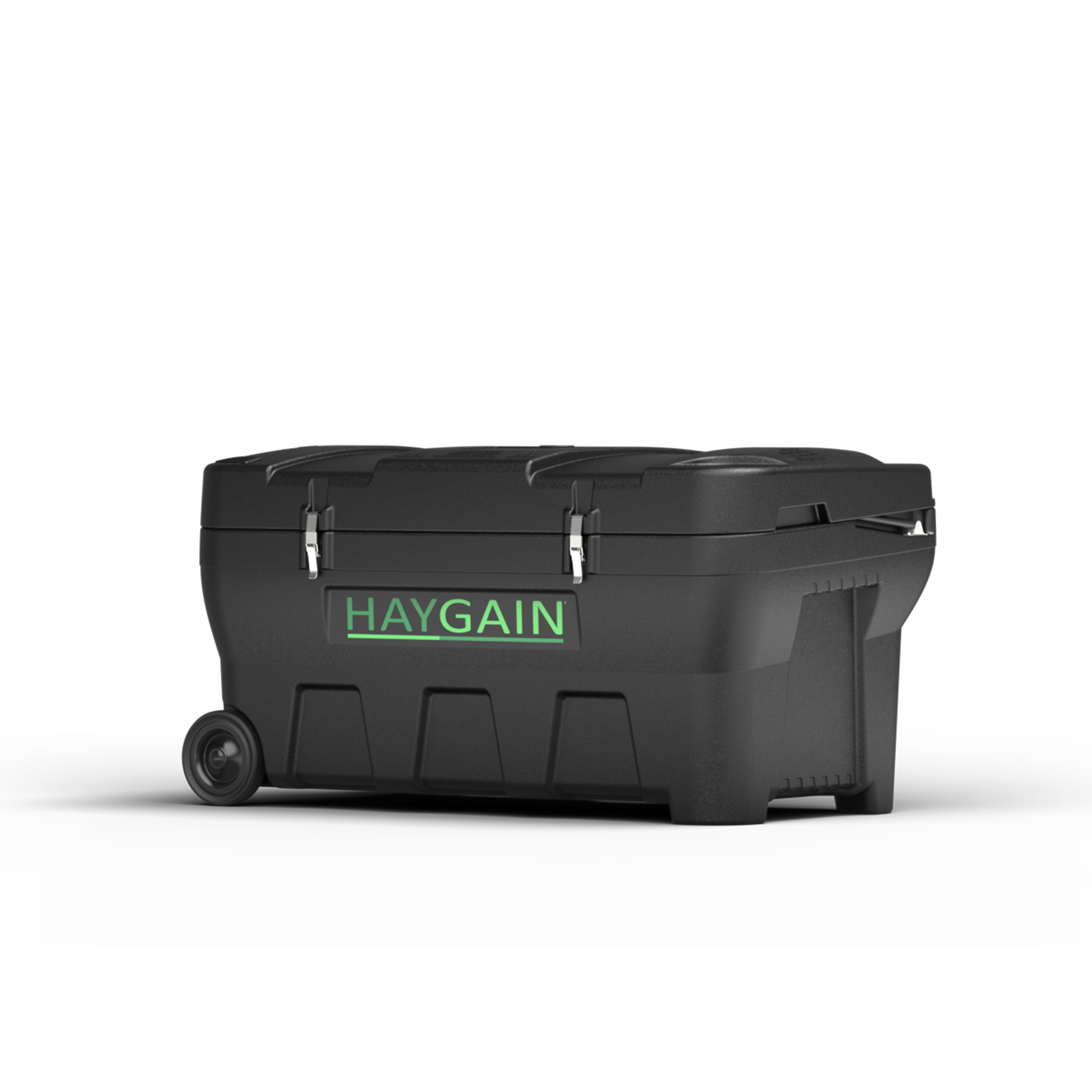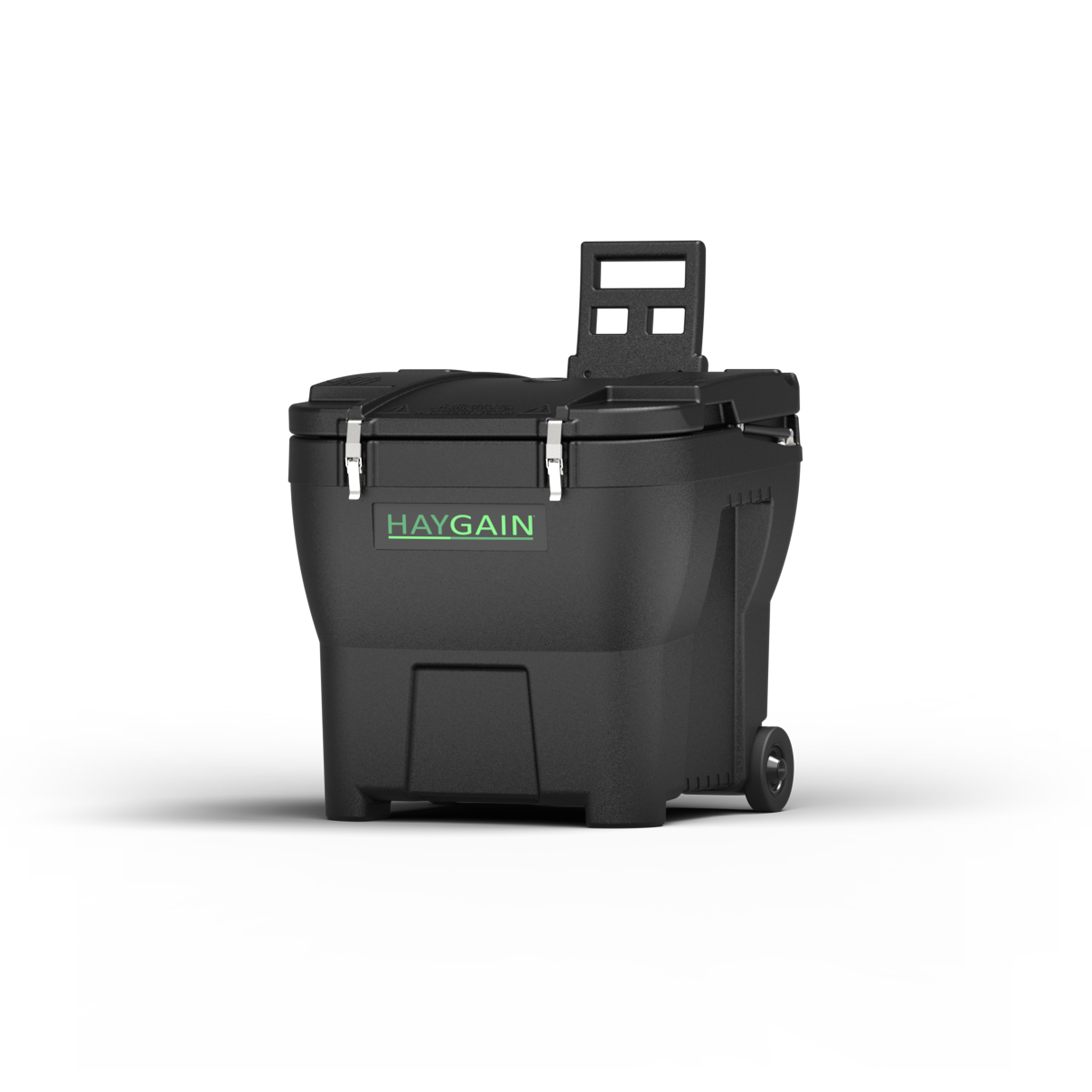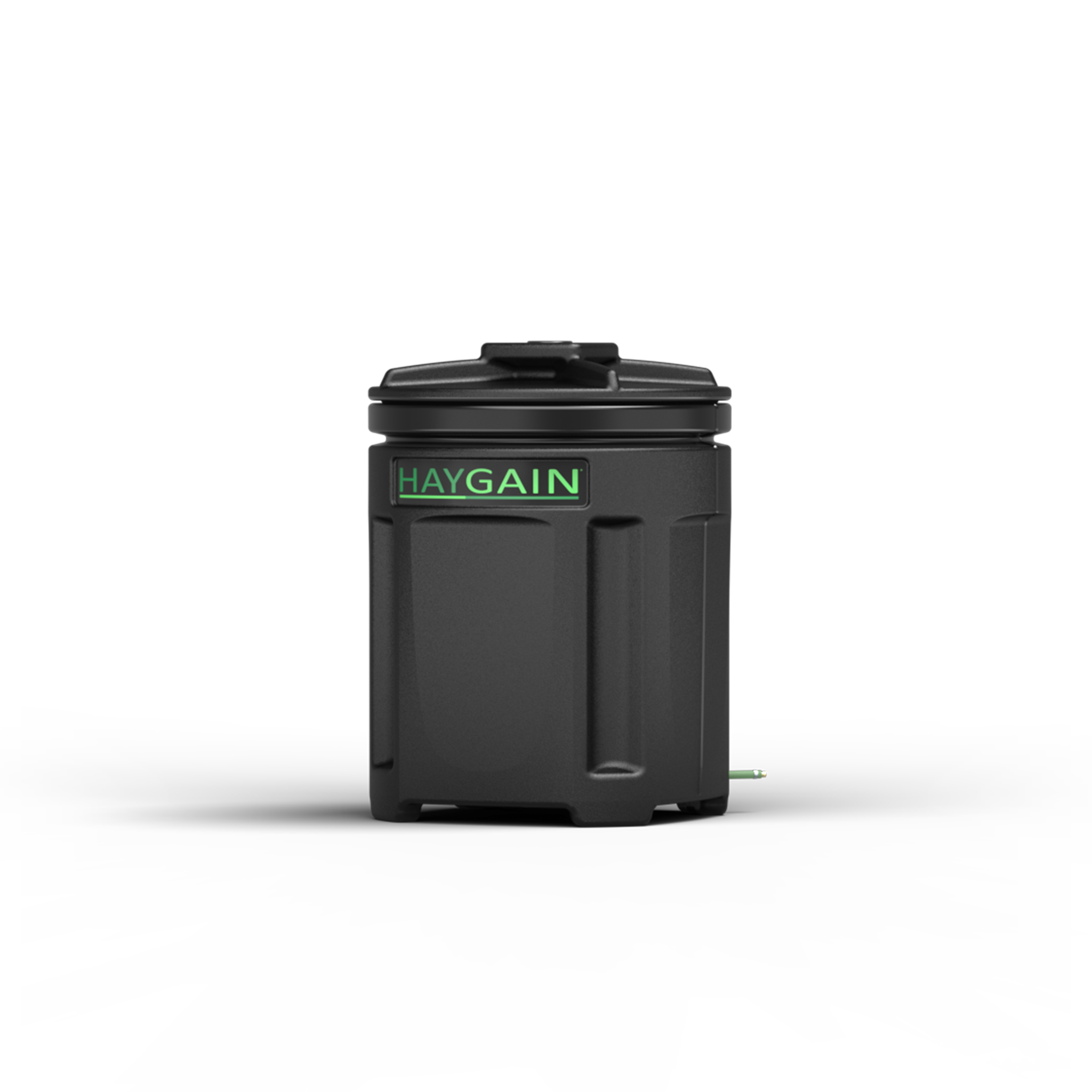In humans there is a big drive towards recognising and de-stigmatising mental health issues as no different from other illnesses. In horses, we still de-value those animals which perform stereotypic behaviours, they may be worth less when sold and are at times isolated (despite there being no evidence that suggests copying of the behaviour).
Why do horses develop and persist in stereotypic behaviours? Under the right ‘poor welfare’ conditions (see boxes below in order of importance), around 25% of horses will develop stereotypies.

Exploring behaviour a little more in relation to feed intake
Behaviours are formed and reformed in a continuous change of events from pre-birth (genetic make up) to death. The purpose of most behaviours is eventual survival and reproduction. In the case of feed intake the immediate purpose is to find, and ingest feedstuffs that are required for survival. The expression of the behaviour (lowering head, sniffing, tasting, chewing, swallowing) are guided by internal - physiological changes (nervous system; hormones - which trigger a hunger feeling and appetite) and external environmental stimuli. The ‘motivation’ (a very ‘human’ term) to carry out the behaviour may be triggered by a signal of hunger or appetite stimulated by an increase in hormones, such as Leptin (reduces appetite), Neuropeptin Y (a powerful feeding stimulant) or Ghrelin (increases appetite) via the Central Nervous System (Gordon et al., 2005).

Finally, there is also the individual development, unique to each animal which will have contributed to the ‘formation’ of a certain behaviour and this of course encompasses the environment (past and present, acquiring of memory, learning) as well as biochemical adaptations. Early life experiences of living outdoors and long term ‘grazing/foraging’ bouts in a social context of synchronised herd behaviour as well as learned ‘successful’ finding of food in the bedding, are an important of maintaining the strong feed intake behaviour motivation in a stable.
Free-ranging horses tend to forage for an average of 12±2 hours within 24 hours and resting or non-feeding bouts are generally of no more than 3-4 hours long. Prevention or inability to carry out such strongly ingrained behaviour, will inevitably lead to stress. Horses respond to this in varying ways depending on their genetic pre-disposition as to how to cope with stressors. The first survival response to a stressor in prey animals is to ‘get away’ from the situation. If that is not possible habituation together with replacement behaviours is likely. The horse begins initially a varied sequence of goal directed behaviours aimed at finding food (Hemmings and McBride,2009). Most horses will develop coprophaghy (eating their faeces) and carry out bedding eating (no matter how ‘inedible’ the bedding is), if they do not receive the absolute minimum of 8 hours of feed intake behaviour per day (evenly distributed; Ellis, 2010, Harris et al., 2016). Diagram 3 summarisies these steps.
For some horses the neuronal network and pathways in the brain are balanced in such a way, that replacement behaviours, even if quite abstract, result in a large dopamine release (also called the reward hormone), thus reducing stress and anxiety. Once these reward pathways (via receptors in the brain) are ingrained, even removal of the initial cause will not stop this new learned behaviour. Thus horses that are prone to develop stereotypies in response to stress are also said to be fast and ‘deep’ learners (so any mistake by us, if repeated will also result in them learning the ‘wrong’ thing quite fast and ‘unlearn’ very slowly. However, on the flip side with consistent correct training they can progress faster than other horses. The key is, therefore – good training, good housing and good feeding to prevent the development of unwanted behaviours.
In terms of feeding, we now know that keeping horses busy with their natural feed intake behaviour, through turnout and feeding adequate forage (8-12 hours spread evenly over 24 hours) and by use of the Haygain Forager when in exercise yard or stable, for example, is the best way of prevention.
Note from Haygain:
The Haygain Forager is the natural way to slow the pace a horse eats reducing stable boredom and the potential to develop related stable vices. Find out more.
References
Ellis, A. D. (2010) Biological basis of behaviour and Feed Intake, In: A.D. Ellis, A.C. Longland, M. Coenen and N. Miraglia (2010) The impact of Nutrition on the Health and Welfare of Horses, EAAP Publication No. 128, Wageningen Academic Publishers, pp. 53-74
Ellis, A. D. and Hemmings, A. (2010) Stereotypies – Feed related? Applied Day Proceedings of the 5th European Workshop of Equine Nutrition, Cirencester © Ellis and Hemmings
Harris, P.A., Ellis, A.D., M.J.Fradinho, A.Jansson, V.Julliand, N.Luthersson, A.S.Santos and I. Vervuert. 2016. Feeding conserved forage to horses: recent advances and recommendations; Animal Science (accepted, in press)
Hemmings, A. and McBride, S.D (2007) Perseverative responding and the aetiology of equine oral stereotypy. Applied Animal Behaviour Science 104 143-150
Nicol, C.J. Davidson, H.P.D. Harris, P.A. Waters, A.J. Wilson, A.D. 2002. Study of Crib-biting and Gastric Inflammation and Ulceration in Young Horses. Veterinary Record. 151, 658-662.
